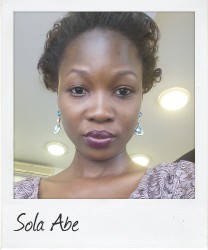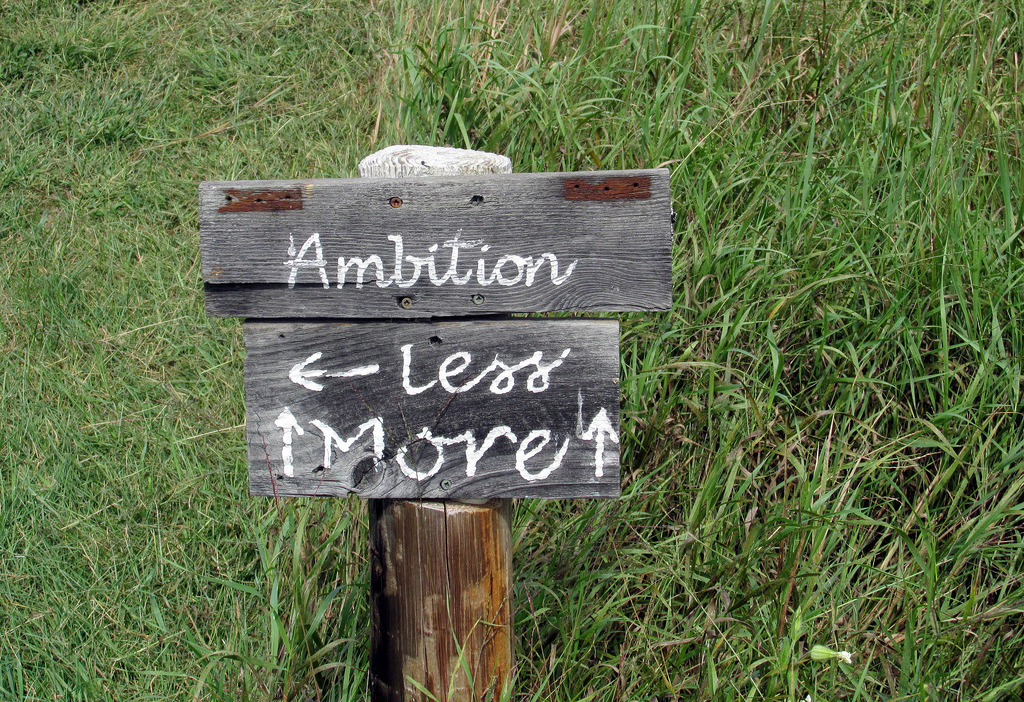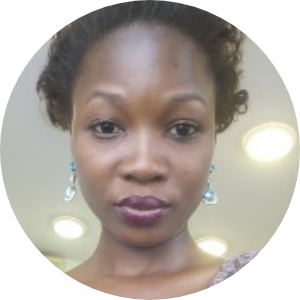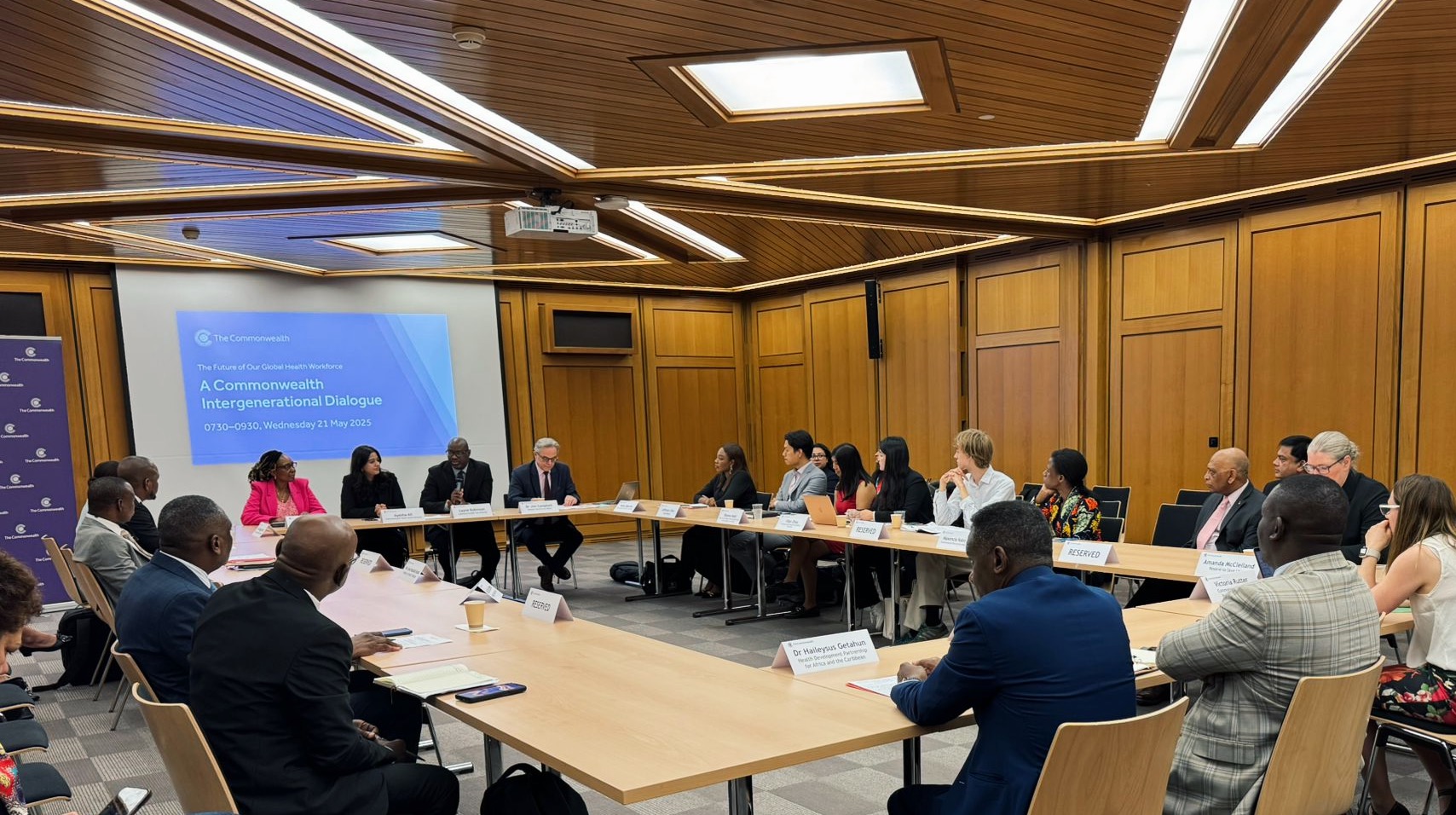“This woman helps students start businesses”
March 9 An educator and social entrepreneur is helping solve Nigeria’s major challenge by training young people, especially girls, who are abused because of poverty. Sola Abe, 25, a Commonwealth Correspondent from Lagos in Nigeria, interviewed this mentor, who teaches the culture of entrepreneurship and provides seed capital.
An educator and social entrepreneur is helping solve Nigeria’s major challenge by training young people, especially girls, who are abused because of poverty. Sola Abe, 25, a Commonwealth Correspondent from Lagos in Nigeria, interviewed this mentor, who teaches the culture of entrepreneurship and provides seed capital.
Ogechukwu Ezeokoli is an educator, social entrepreneur and founder of Teens Economic and Social Development (TEENSED) Foundation. She engages young people on how to fend for themselves using their gifts and talents.
Sola Abe: What is your NGO all about?
Ogechukwu Ezeokoli: Teens Economic and Social Development (TEENSED) Foundation is a non-governmental, capacity development organization committed to engaging, educating and empowering young people as well as facilitating growth opportunities for young persons in transitional stages of their lives. We ignite young people to set career goals and provide entrepreneurship as a good career option, enabling them transit seamlessly from school to real life issues.
Our interventions are clustered around three major areas:
Education: to improve accessibility to quality education and increase learning opportunities for teenagers both formal and informal in key areas like sex, health, skill enhancement training, soft skill and literacy programs.
Employment: To improve employment opportunities, income generation and personal development skills for young teenagers as a way to build capability for engagement in entrepreneurial productive work, improve livelihood and alleviate poverty in the community.
Leadership Engagement: To inspire, support and promote youth engagement and young people as change agents of positive social change as a way to foster a lifelong commitment to active citizenship.
SA: What inspired the entrepreneurship project?
OE: Seeing the disturbing trend of sexual abuse of children and teenagers, I wrote a self awareness book against sexual abuse, “We Can Stop this Abuse”. I go places (schools, religious groups, communities, parties) with my team (using the book), teaching techniques to protect them against sexual abuse. While on that crusade, I realised that most young people who are lured into early sex and abuse do so because of poverty and ignorance.
We decided to step in by teaching entrepreneurship, career development, financial intelligence and positive attitudes to overcome adversities. These young adults are full of energy and enthusiasm when doing what they love; hence we are channeling this energy in productive activities that will give them a life in the future.
We so much believe that if these ones are encouraged and inspired to see the raw gold in themselves in form of skills and talents they will do exceedingly great. Teenagers and the youths want the adult folk to believe in their ability and provide a conducive environment for them to thrive. Through this entrepreneurship project, some of the benefactors are already making money using their skills and businesses.
SA: How do you get the funds to sponsor the students?
OE: The maiden edition was fully sponsored by the Pollination Project USA. We also had entrepreneurs who facilitated the classes free of charge. We had organisations that supported us in one way or the other, individuals, friends and relations also bought into the vision.
SA: What are some of the challenges you face?
OE: Initially, schools were skeptical about our ability to deliver what we were promising them. Some students even felt that we were disturbing them at the onset. But all of that changed by the time we started the training. The fact that we had to pull professionals and entrepreneurs who were volunteering as facilitators to go to schools once every week for six weeks was a huge sacrifice on their part and a bit challenging for us.
Transportation was also a source of concern since the schools were scattered in different parts of the city. We are glad we overcame all of that and hope to overcome even more challenges this year.
SA: How many schools benefited from this project?
OE: Seven schools benefited from the project.
SA: You did the maiden edition of the business plan writing competition award. What were the criteria for choosing the winner?
OE: We had a business plan template given out to them to answer the questions and we have a marking guide. A particular percentage qualifies them as outstanding while their activities and pitching earn them the award.
SA: How many students won in the competition and how much was the seed capital awarded to them?
OE: Twelve students won the award. It was a $100 competition but they won according to their abilities.
SA: Can you tell us some of the business the students are into?
OE: Some of the businesses showcased were: shoe making, fashion designing, bag making, blogging, writing, hair dressing, bead making, drinks (Zobo), cake and confectioneries.
SA: Is there a kind of follow-up for the students that won? How do you follow them up?
OE: Yes, there is a follow-up. They will be assigned to mentors who will guide them through their businesses and academics. These mentors will also guide them through setting life goals and help them paint the bigger picture of what the future holds in stock for them if they are focused and never give up on their dreams.
Photo credit: mwms1916 Less or More sign, Ambition – Path of Life Garden, Windsor, VT, 20 Sept 2015 via photopin (license)
…………………………………………………………………………………………………………………
About me: I work with Woman.ng, an online magazine for Nigerian women. My vision is to create media content that will inspire, educate and renew the mind of people. I am passionate about advocating for and empowering abused women.
I hope to be known as a woman that stands against gender based violence. I love to look good, have fun and make new friends. Above all, I love God and pray to become all he wants me to be.
…………………………………………………………………………………………………………………
Opinions expressed in this article are those of the author and do not necessarily represent the views of the Commonwealth Youth Programme. Articles are published in a spirit of dialogue, respect and understanding. If you disagree, why not submit a response?
To learn more about becoming a Commonwealth Correspondent please visit: http://www.yourcommonwealth.org/submit-articles/
…………………………………………………………………………………………………………………






